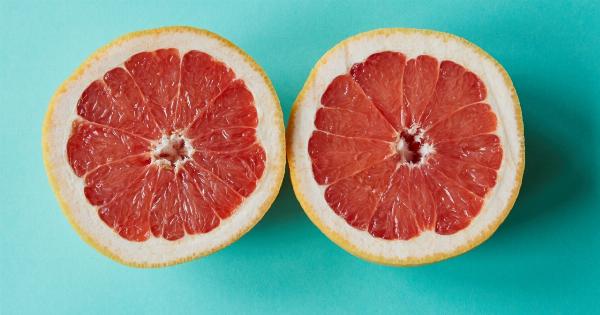Kidney stones are solid pebble-like structures that form in the kidneys, bladder, or ureters. They can be extremely painful and cause a lot of discomfort.
In this comprehensive guide, we will take a closer look at everything you need to know about kidney stones, including their causes, symptoms, treatment options, and prevention.
What are Kidney Stones?
Kidney stones are hard deposits of minerals and salts that form in the kidneys. They can vary in size from a tiny grain of sand to a large golf ball.
Kidney stones are formed due to excess amounts of certain substances in the urine, such as calcium, uric acid, and oxalate.
Causes of Kidney Stones
There are many different factors that can contribute to the formation of kidney stones. Some of the most common causes include:.
- A low fluid intake
- A diet that is high in protein, sodium, and sugar
- A family history of kidney stones
- A medical condition that affects the urinary tract, such as an infection or blockage
- Certain medications, such as diuretics or calcium-based antacids
- A urinary tract abnormality
Symptoms of Kidney Stones
When kidney stones are small, they may not cause any symptoms. However, as they grow in size, they can cause a range of symptoms, including:.
- Severe pain in the back, side, or lower abdomen
- Blood in the urine
- Nausea and vomiting
- Frequent urination
- Painful urination
- A feeling of incomplete bladder emptying
Treatment for Kidney Stones
The treatment for kidney stones will depend on the size and location of the stone as well as their cause. In some cases, small stones can pass through the urinary tract on their own without any treatment.
However, in other cases, medical intervention may be required. Some of the most common treatment options include:.
- Pain medication to manage the symptoms
- Drinking plenty of water to help flush out the stones
- Interventional procedures, such as lithotripsy or ureteroscopy, to break up or remove the stones
- Surgery to remove the stones
Prevention of Kidney Stones
While kidney stones can sometimes be prevented, there is no surefire way to completely avoid them. However, there are a few things you can do to help reduce your risk, including:.
- Drinking plenty of water to help flush out excess minerals and salts
- Eating a healthy, balanced diet that is low in sodium and high in calcium and fiber
- Reducing your intake of foods that are high in oxalate, such as spinach and rhubarb
- Exercise regularly to help keep your urinary system healthy
- Taking medication as directed by your doctor, if you have a medical condition that increases your risk of kidney stones
Conclusion
Kidney stones can be a painful and uncomfortable condition, but with the right treatment and prevention strategies, they can be managed effectively.
If you are experiencing symptoms of kidney stones, it’s important to speak with your doctor for a proper diagnosis and treatment plan. Remember to take steps to reduce your risk of developing kidney stones by staying hydrated, eating a healthy diet, and exercising regularly.






























